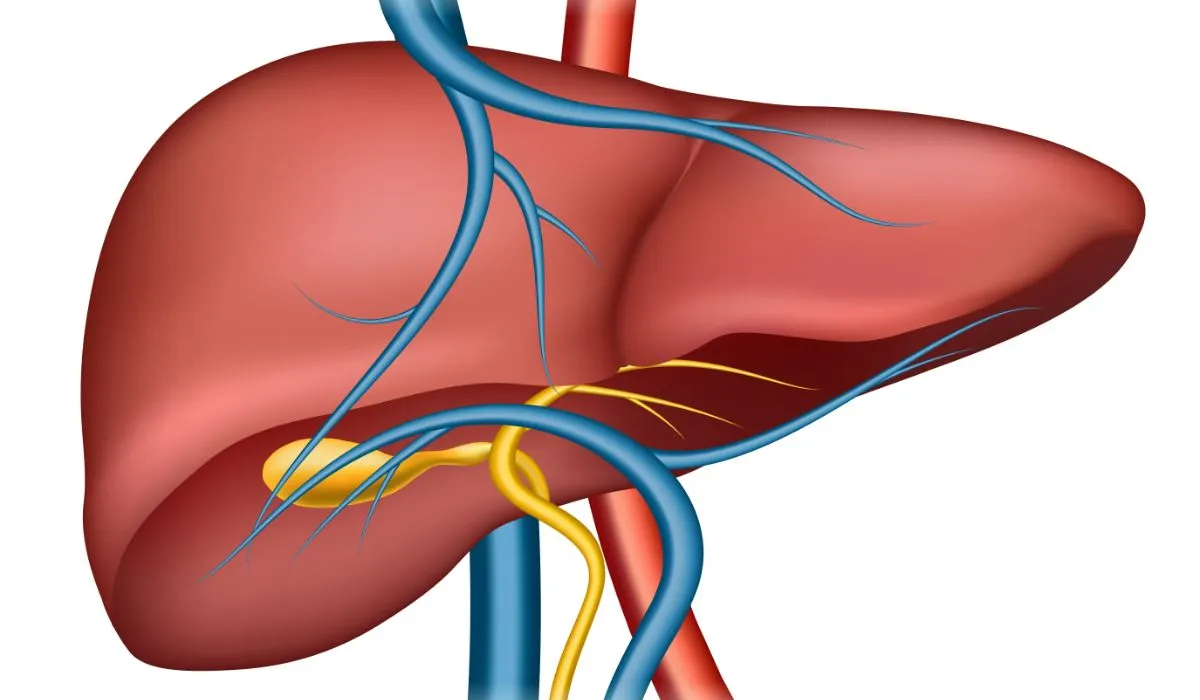
Introduction
Gallbladder cancer occurs rarely. The size and location of the gallbladder (beneath the liver) make detecting cancer difficult.
A gallbladder is a tiny organ shaped like a pear and located under the liver in your abdomen. It stores the bile secreted by the liver and releases that bile into your intestines for digesting fats. Gallbladder cancer is an abnormal growth of the cells lining the surface of the organ. The most common type of cancer of the gallbladder is adenocarcinoma.
Request an Appointment at Smiles
What Are the Symptoms of Gallbladder Cancer?
- ● Intense abdominal pain – occurring in the upper right side of your abdomen
- ● Feeling of bloating
- ● Unexplained, sudden loss of weight
- ● Signs of jaundice – yellowing of skin and eye-whites
- ● Change in the colour of your stool
What Causes Gallbladder Cancer?
A genetic mutation causes the cells in the gallbladder to replicate abnormally to form a cancerous mass. These cells can also grow beyond your gallbladder and extend into the surrounding tissues and organs. Gallbladder cancer due to abnormal growth of the cells lining the inner surface of the organ – adenocarcinoma – is most common.
How is Gallbladder Cancer Diagnosed?
- ● Blood Test – Bilirubin levels increase in the presence of any gallbladder disorders. Liver function tests can check the adequate functioning of the liver, gallbladder, and bile ducts. The presence of cancer in your body increases the production of specific substances – tumor markers. These tumor markers are easy to detect with blood tests. However, they are not necessarily specific to gallbladder cancer and, if positive, will require additional imaging tests to confirm the diagnosis.
- ● Imaging test – Imaging tests such as ultrasound, MRI, and CT-scans can confirm the diagnosis of gallbladder cancer. These tests discover the presence, exact location, and extent of cancer in your gallbladder. The imaging studies also assist in planning the treatment approach. Ultrasound scans are frequently used tools for diagnosing cancer in the gallbladder. The scan will collect images of any abnormalities in your gallbladder. Endoscopic ultrasound is more specific in detecting cancer as compared to abdominal ultrasound. Ultrasound can also detect lymph node involvement. MRI and CT scans provide a detailed image of the soft tissues of your gallbladder. These diagnostic procedures provide information on specific structures like the bile ducts or the surrounding blood vessels.
- ● Laparoscopy – It is a diagnostic tool in which the surgeons will make small incisions in your abdomen. They insert a camera and specialized surgical instruments through these incisions to get a better view of gallbladder cancer. While doing a laparoscopy, your doctor can also perform a resection of the tumor if it is small.
- ● Biopsy – A biopsy, performed after the gallbladder removal, can confirm if the tumour was malignant. Depending on that, you may need additional radiation and chemotherapy.
How is Gallbladder Cancer Treated?
- ● Type of cancer
- ● Stage of cancer
- ● Spread of cancer to surrounding tissues and organs
Treatment for gallbladder cancer aims to remove the tumor and curb the cancer spread.
- ● Surgical intervention – If cancer gets detected in the early stages and not spread to other regions, a gallbladder removal surgery can provide the cure. Sometimes, cancer can spread to portions of the liver and the bile duct. In such cases, along with the gallbladder removal, your doctor may need to resect these structures.
- ● Chemotherapy – In case cancer has spread and the doctor worries about any remaining cancer cells, they may prescribe chemotherapy. It involves administering specific drugs to kill the cancer-causing cells. Occasionally, it even helps control the cancer spread where surgery is not a viable option.
- ● Radiation therapy – It uses targeted-radiations to kill the cancer cells. Combined with chemotherapy, it gives a better result in destroying any remaining cancer cells.
- ● Immunotherapy – It is a treatment recommended for advanced-stage cancers. The specific drugs administered increase the capacity of your immune system to identify and destroy cancer cells.
What is the outcome of Gallbladder Cancer?
However, in most people, gallbladder cancer produces no signs and symptoms. Combined with the size and location of the gallbladder, this cancer spreads undetected. It may metastasize to the surrounding connective tissues and organs. In such cases, the prognosis is often poor.
Are there any risks of surgery in Gallbladder Cancer?
- ● Blood loss
- ● Infections
- ● Blood clots
- ● Reaction to anesthesia
- ● Bile leaks into the abdominal cavity
- ● Liver damage and failure
- ● Injury to major blood vessels in the abdomen
Request an Appointment at Smiles
FAQ's
Who is likely to Develop Gallbladder Cancer?
- ● Over 65 years of age
- ● Women are more prone to this cancer
- ● Underlying gallbladder disorders such as gallstones and inflammation of the Gallbladder
Can Gallbladder Removal Affect my Life?
Does Gallbladder Cancer Spread Fast?
Can Gallbladder Cancer be Cured?
What is the Survival Rate for Gallbladder Cancer?
Need Help?
For any Information about our Locations, Doctors or Treatments.
